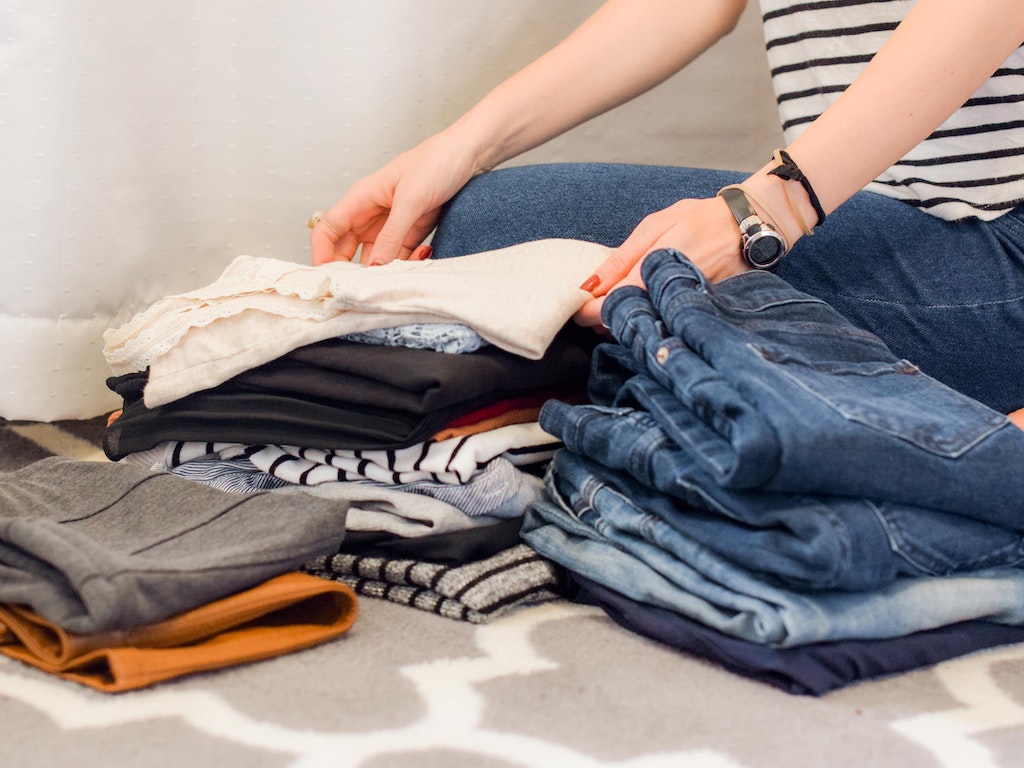3 Mins Read
A new study commissioned by Hong Kong-based environmental nonprofit Redress has revealed that a third of clothing in Hongkongers’ wardrobes are never or rarely worn. The research also found that two in five consumers in the city keep their clothes for one year or even less, highlighting the severity of the throwaway culture in Hong Kong contributing to the world’s waste crisis.
The study, titled Clothing Consumption, Usage and Disposal Habits in Hong Kong, revealed a series of stark figures showing the prevalence of overconsumption and throwaway habits amongst Hong Kong consumers when it comes to their fashion choices. In addition to finding that 40% of Hongkongers keep clothing for one year or less, the survey indicated that nearly a third discard unwanted clothing in the rubbish, contributing to the 196 tonnes of clothing entering the city’s landfills every single day.
With fashion’s environmental impact set to drastically worsen, our results prove that Hong Kong has a long way to go towards steering a more sustainable fashion industry.
Christina Dean, Founder & Chair of Redress
Read: Redress Awards 2020 spotlights the radical & circular future of fashion
Of all the clothing in Hongkongers’ wardrobes, almost one third are also never or rarely worn, with consumers citing impulse buying due to discounts as the number one trigger behind unused clothing items, while the oldest piece of clothing is on average around six years old. Shockingly, the city’s shoppers spend more monthly expenditure on clothing than on health or education.
“With fashion’s environmental impact set to drastically worsen, our results prove that Hong Kong has a long way to go towards steering a more sustainable fashion industry,” said Christina Dean, founder and chair of Redress.
However, the Redress study also found that there is a shift in consumption behaviour due to the coronavirus pandemic, with 53% of respondents saying they do have enough clothes and 30% recognising how their fashion habits have an environmental impact. Crucially, two out of three consumers in the city say they are changing their fashion consumption behaviours due to the pandemic, including re-wearing the same clothes more often and donating unwanted items to charities.
“The global pandemic encouraged many of us to reassess our approach to buying and wearing clothes,” explains Dean. “Some consumers [are] recognising that their consumption habits pre-Covid-19 were excessive. We hope that consumers will continue to reassess their purchasing behaviours and ultimately change their perceptions on how they can extend the lifespan of their clothes.”
Read: Christina Dean on how sustainability is here to stay in fashion
The global pandemic encouraged many of us to reassess our approach to buying and wearing clothes. Some consumers [are] recognising that their consumption habits pre-Covid-19 were excessive.
Christina Dean, Founder & Chair of Redress
Inspired by some of the findings suggesting that Hongkongers who do keep older items in the wardrobes due to sentimental value, Redress says that it will launch a new campaign for this October to encourage consumers to rewear and restyle itms. Called the “Hunt for the Oldest Piece of Clothing in Hong Kong”, the initiative asks participants to share photos and stories of their oldest item in their wardrobes on Redress’ social media channels, with the top entries receiving vouchers for preloved designer fashion platform HULA.
As a whole, the global apparel industry is responsible for an astonishing 92 million tonnes of landfill waste annually, on top of driving 10% of carbon emissions and huge amounts of water use and contamination. With Hong Kong being an iconic destination in Asia, the region home to the fastest-growing fashion consumer markets in the world and where half of global textiles are manufactured, change in the fashion consumption habits in the city is vital for the global effort to lessen the industry’s footprint on the planet.
Lead image courtesy of Unsplash.




